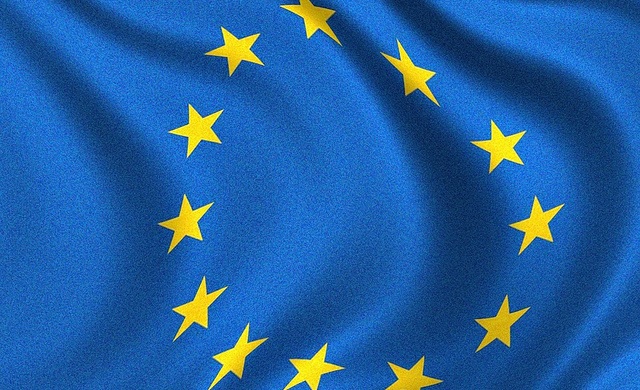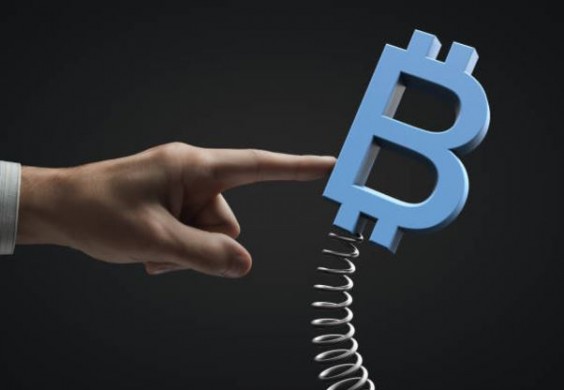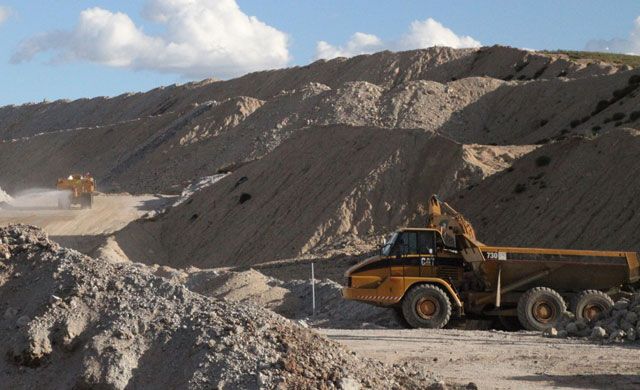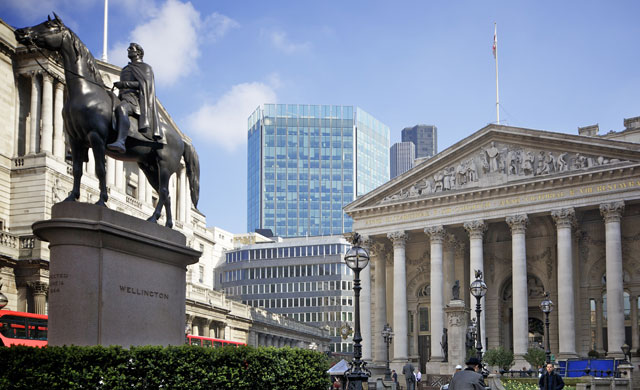The past few years have been tough for Europe — not just because of the COVID-19 pandemic, whose effects linger despite progress in recovery. Geopolitical tensions have dealt a heavy blow to the bloc’s economy.

The war in its backyard has severely disrupted supply chains and triggered a spike in energy prices, sending inflation soaring. This situation has forced the ECB to act by sharply raising interest rates.
This has led to increased corporate bankruptcies as companies struggled to manage rising costs while coping with higher interest rates, negatively affecting the overall EU economy.
The political crises in Germany and France have added to the challenges. No wonder, despite multiple rate cuts, European bond yields remain stubbornly high, reflecting ongoing economic uncertainty.
Yet, there were glimmers of hope: Germany’s Ifo Business Climate Index showed its first improvement in six months in October, climbing to 86.5 from 85.4 in September, surpassing expectations.
Sub-indices for current conditions and business expectations also rose, suggesting that perhaps the worst was over and hinting at a possible rebound. However, optimism was short-lived, not to add “very.”
Already in November, the Ifo index resumed its decline, falling to 85.7 from October’s 86.5, missing forecasts of 86.1 due to looming trade wars, tariffs, and new economic uncertainties.
To make matters worse, corporate insolvencies are rising, with 22.9% more bankruptcy filings in Germany in October YoY. This highlights severe structural problems that require urgent attention.
This economic fragility could worsen if Trump reignites a trade war. Among advanced economies, Germany would be among the hardest hit by new tariffs, potentially falling into recession.
This would likely affect the entire European economy. As a result, markets anticipate the ECB’s possible rate cut of 50 basis points in December, contributing to the EUR/USD decrease.
Adding to the uncertainty is the risk of a new energy crisis, with the depletion of gas reserves and the possibility of further supply cuts from Russia, especially due to new sanctions on Gazprom.


















